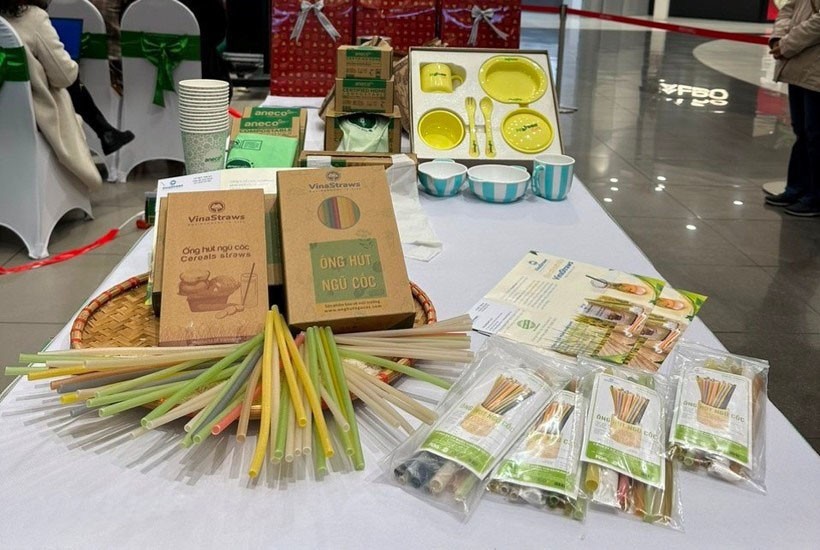
Recognizing that the beverage industry is currently one of the sectors generating the largest volume of packaging (from plastic bottles, aluminum cans to multi-layer paper boxes), many experts, management agencies and businesses believe that if not collected and recycled effectively, this amount of waste will put heavy pressure on the waste management system and the environment.
Therefore, in the context of Vietnam promoting a circular economy , promoting the recycling of beverage packaging is not only a solution to save resources and reduce emissions, but also contributes to providing recycled materials for new production activities, creating opportunities to enhance the reputation and sustainability of businesses.
The policy is gradually coming into practice.
Deputy Director of the Department of Environment ( Ministry of Agriculture and Environment ), Mr. Ho Kien Trung, said that to improve the pollution situation, especially plastic waste pollution, the State has issued many important policies.
From the Law on Environmental Protection 2005, 2014 to 2020, the responsibility for collecting and handling discarded products has been clearly defined and specified through the extended responsibility mechanism of the manufacturer.
“This is an effective tool to promote beverage businesses to proactively participate in product lifecycle management,” Mr. Trung emphasized.
In particular, the Law on Environmental Protection 2020 has marked an important step forward by providing clearer and more comprehensive regulations on extended producer responsibility (EPR). Enterprises are obliged to recycle at a mandatory rate and specification for products and packaging with recyclable value; at the same time, they must fulfill their responsibility to handle products and packaging that are difficult to recycle or contain toxic substances.
The Government has also issued Decree No. 08/2022/ND-CP and Decree No. 05/2025/ND-CP. On the management side, the Ministry of Natural Resources and Environment (now the Ministry of Agriculture and Environment) has also issued Circular No. 02/2022/TT-BTNMT and Circular No. 07/2025/TT-BTNMT detailing regulations. These documents have basically completed the legal framework for implementing regulations on EPR.
“It can be affirmed that the EPR policy has been gradually put into practice, contributing to promoting recycling and waste treatment activities, including beverage packaging, in an increasingly effective and sustainable direction,” said Mr. Trung.
Business representative, Ms. Chu Thi Van Anh, Vice President and General Secretary of the Vietnam Beer - Alcohol - Beverage Association, said that in 2023, the authorities conducted a quick survey to complete the legal basis for implementing EPR. The results showed that over 80% of businesses admitted to facing difficulties in the initial stages, mainly related to costs and difficulty in finding suitable recycling partners.
However, by the 2024-2025 period, most businesses have fully understood the regulations and participated in training courses of the Ministry of Agriculture and Environment.
Regarding the form of implementation of the obligation, Ms. Van Anh said that about 80% of enterprises, mainly small and medium-sized, choose to contribute to the fund; 20% combine the fund and internal initiatives; nearly 10% authorize recycling units. "This shows that enterprises not only comply with EPR but also proactively find a model suitable for their capacity and scale of operation," Ms. Van Anh shared.
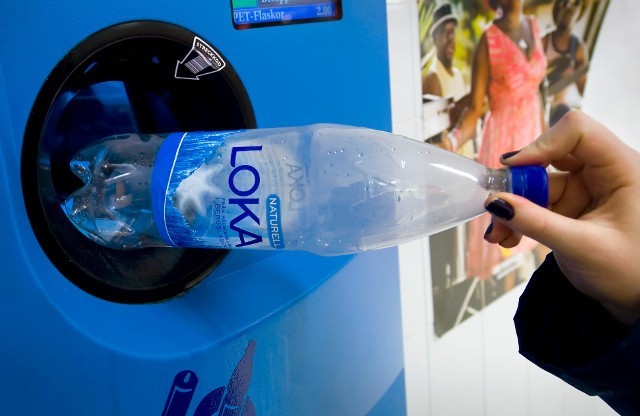
However, the reality in recent times shows that difficulties in implementation still exist. In particular, many types of packaging such as glass, aluminum, multi-layer paper boxes do not have an effective recycling system. Meanwhile, Vietnam currently does not have a factory to recycle aluminum from cans into aluminum rolls for production rotation, causing high costs and limiting comprehensiveness.
Need appropriate recycling mechanism and roadmap
Faced with the above reality, Ms. Chu Thi Van Anh, Vice President and General Secretary of the Vietnam Beer - Alcohol - Beverage Association (VBA) proposed that there should be a policy to encourage the use of recycled plastic packaging (rPET); EPR costs must be included in reasonable and valid costs of enterprises when settling taxes and supplementing policies to improve recycling infrastructure.
Along with that, there needs to be a suitable roadmap when adjusting the mandatory recycling rate.
VBA representatives also recommended focusing on infrastructure and technology investment. Accordingly, a portion of the EPR Fund should be used to develop recycling infrastructure and technology, to help improve collection and treatment efficiency; and incentives should be given to dual recycling businesses. This means that businesses that both collect, recycle, and use recycled packaging should be exempted from some of the responsibility for independent collection, encouraging the integration of activities into the value chain.
More importantly, to put the regulation of extended producer responsibility into practice, close coordination is needed between the State, producers, importers, collectors and recyclers, consumers and the media.
“With the cooperation of all parties, we can completely turn EPR into a driving force to promote the circular economy, reduce pollution, and enhance the reputation and sustainability of beverage businesses,” said Ms. Van Anh.
Dr. Ho Quoc Thong, Center for Applied Economics and Policy Research (Southeast Asia Institute of Environmental Economics, University of Economics Ho Chi Minh City), also proposed some solutions to implement a green practice recognition system by rewarding as an incentive to encourage and improve recycling efforts among manufacturers and retailers.
Along with that, the Government needs to promote and support the industry using domestic recycled materials (for example, subsidies for recycling); build centralized recycling collection points; prescribe mandatory rates of recycled materials to produce certain products; monitor and effectively implement policies...
To ensure effective implementation of EPR, a representative of the Ministry of Agriculture and Environment said that the agency is currently in the process of consulting on the development of a separate Decree on EPR to submit to the Government for promulgation, thereby perfecting the legal corridor to be increasingly solid, transparent, feasible and suitable to the practical requirements of environmental management in the new period.
Source: https://baolaocai.vn/tai-che-bao-bi-loi-giai-kep-cho-moi-truong-va-uy-tin-doanh-nghiep-do-uong-post882794.html






![[Photo] Binh Trieu 1 Bridge has been completed, raised by 1.1m, and will open to traffic at the end of November.](https://vphoto.vietnam.vn/thumb/1200x675/vietnam/resource/IMAGE/2025/10/2/a6549e2a3b5848a1ba76a1ded6141fae)

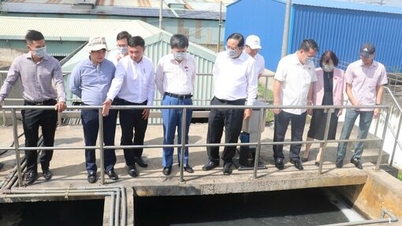

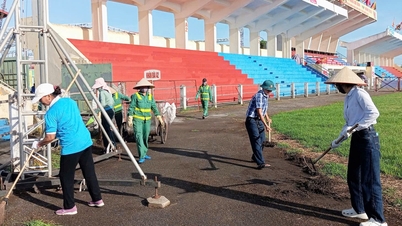

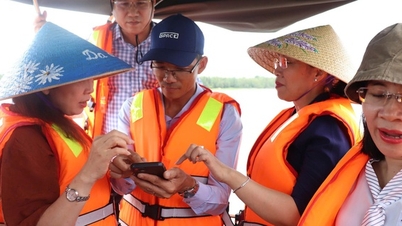






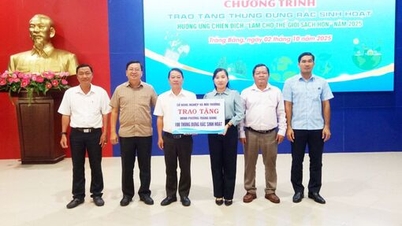
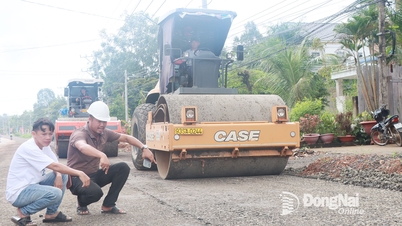
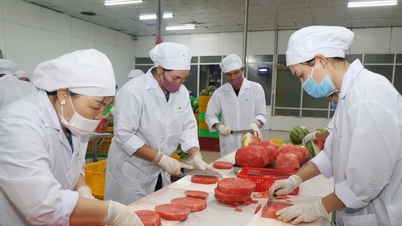

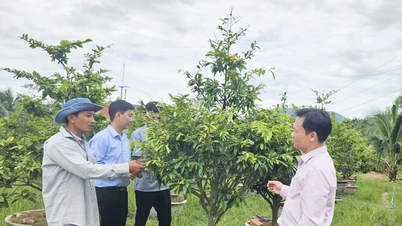
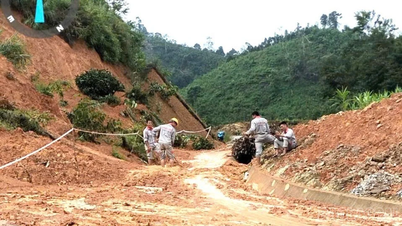
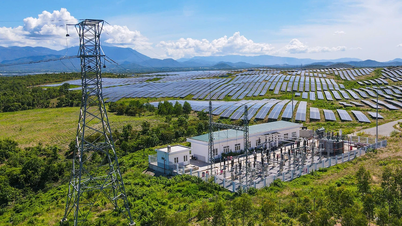






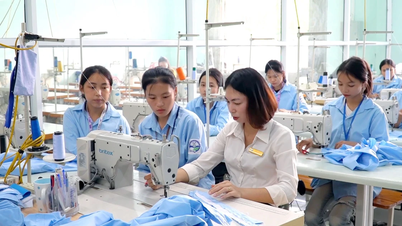
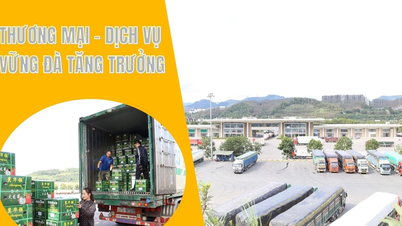
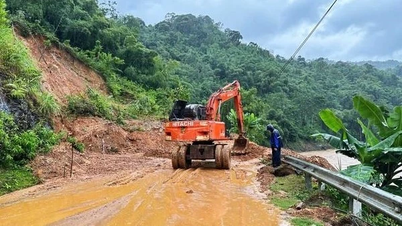
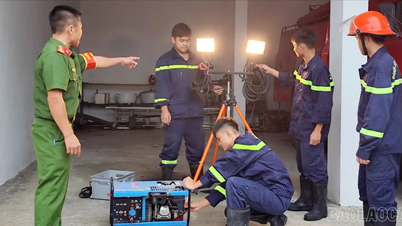
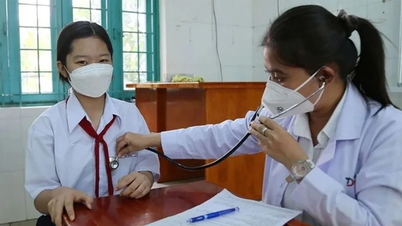
















































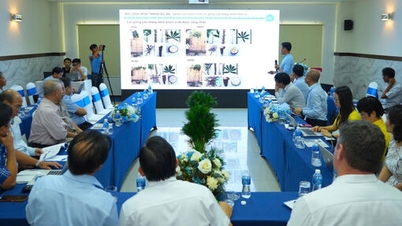
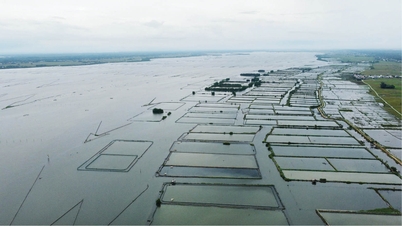



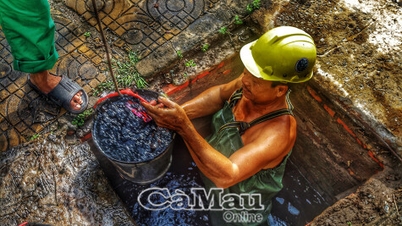
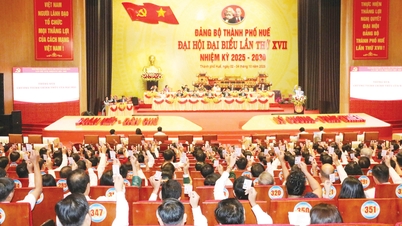













Comment (0)